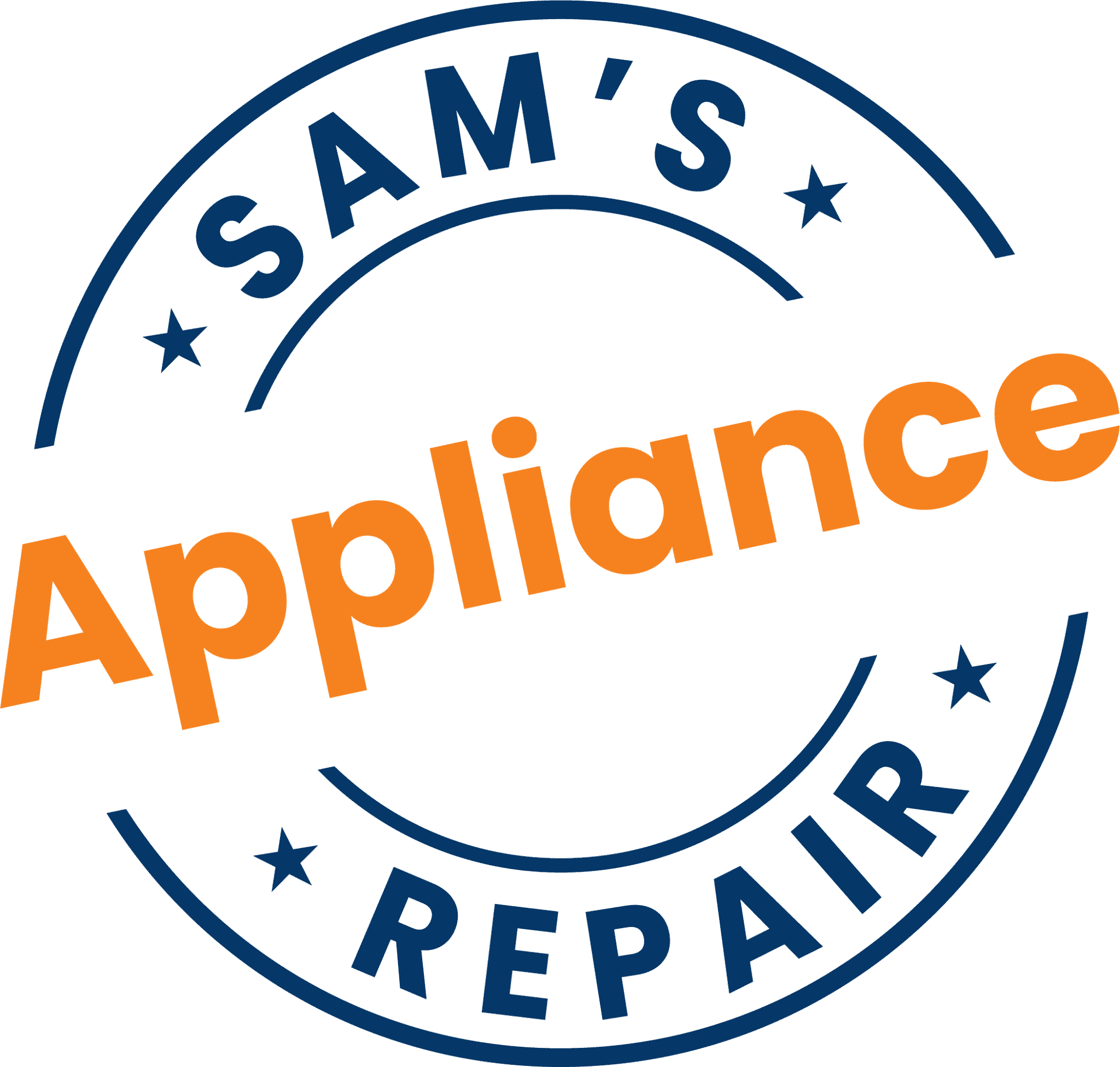Understanding Chemical or Nail Polish Smells in Your Refrigerator
The other day, we had a customer call in, worried about an ether-like smell coming from her refrigerator. After talking through some possibilities over the phone, we couldn’t pinpoint the issue. The next day, she called back, frustrated, saying the smell now reminded her of nail polish—and she was convinced it was coming from the fridge itself, not something inside.
This isn’t the first time we’ve had a call like this. In fact, we hear concerns about odd refrigerator smells fairly often, with many customers assuming a refrigerant leak is to blame. But here’s the thing—modern refrigerators don’t use the old, strong-smelling refrigerants that people might remember from decades past.
In this blog, we’ll explain why your fridge might smell like chemicals, how to troubleshoot the issue, and when it’s time to call in a professional.
Refrigerant Leaks Don’t Cause Odors
When a refrigerator starts giving off a chemical or nail polish-like smell, we understand why customers get concerned. Most people immediately assume it’s a refrigerant leak and seek appliance repair services, but we can assure you—that’s almost never the case.
Modern refrigerators use refrigerants like isobutane (R600a) or other hydrocarbon-based gases, which are virtually odorless. That means if there was a refrigerant leak, you wouldn’t be able to detect it by smell. Instead, the real sign of a leak is a loss of cooling—if your fridge stops keeping things cold, that’s when you know something’s wrong.
It’s also important to remember that refrigerant is stored in a sealed system, and leaks are pretty rare. When they do happen, it’s usually because the compressor or refrigerant lines have been physically damaged. So if your fridge is still cooling properly but has a strange smell, the cause is likely something else—and we’ll walk you through what to check next.
For more on refrigerants, you can reference Energy Star and ApplianceScience.
What Might Be Causing the Smell?
A nail polish or chemical-like smell in your refrigerator usually has nothing to do with the appliance itself—it’s often caused by something inside your home or in the fridge. Here are a few common culprits we’ve come across:
Spilled or Expired Food
We always tell customers to check for spills or food that’s gone bad. Certain items—especially citrus, cleaning agents, or fermented foods—can give off strong, chemical-like odors.
What to Do: Give all shelves and compartments a deep clean using a mixture of baking soda and water to neutralize lingering smells.
Absorption of Household Odors
Believe it or not, your fridge can absorb odors from things around it. Strong cleaning products, nail polish remover, or even fresh paint fumes in your home can find their way into the appliance.
What to Do: If you’ve recently painted or used chemicals nearby, increase ventilation and place an open box of baking soda in the fridge to help absorb any lingering smells.
Plastic Components Heating Up
Occasionally, we’ve seen cases where a new refrigerator or a fridge working overtime produces a faint plastic smell. This happens when internal plastic components heat up, but the good news is it usually resolves itself.
What to Do: If your fridge is new, give it a few days. If the smell persists, check the owner’s manual or call an appliance repair professional to rule out other issues.

Steps to Eliminate Refrigerator Odors
If you’ve got a stubborn smell in your fridge, don’t worry—we’ve helped plenty of customers tackle this issue. Here are some simple steps to freshen things up:
Clean the Interior
First, take everything out and wipe down all shelves, walls, and compartments with a mixture of baking soda and water. Don’t forget to clean the door seals—spills and crumbs love to hide there!
Check and Replace Food Items
Go through everything in your fridge, especially fruits, vegetables, and dairy. If anything looks or smells off, it’s time to toss it. Even sealed items can develop strong odors over time.
Use Baking Soda or Activated Charcoal
We always recommend keeping an open box of baking soda or a small pouch of activated charcoal in the fridge. These work wonders at absorbing lingering odors.
Clean the Drip Pan
If your fridge has an accessible drip pan, give it a quick check. Sometimes, moisture and debris can collect there, creating unwanted smells.
Ventilate the Area
Make sure there’s good airflow around your refrigerator. If your fridge is packed too tightly or the area around it is enclosed, odors can linger longer than they should.
When It’s Time to Call an Appliance Professional
If your refrigerator isn’t cooling properly, making unusual noises, or showing performance issues, it’s time to schedule a service visit. But if the fridge is cooling as expected, there’s no reason to suspect a refrigerant leak—remember, modern refrigerants are odorless and don’t cause chemical smells.
Preventative Tips
We always tell customers that a little maintenance goes a long way in keeping odors at bay. Here are a few simple habits that can help:
Regular Cleaning
Give your refrigerator a deep clean every 3-6 months to prevent lingering smells and spills from building up.
Store Food Properly
Use airtight containers for foods with strong odors to keep them from affecting the rest of your fridge.
Keep Baking Soda Handy
Place an open box in the fridge and replace it every few months to help absorb unwanted smells.
Unpleasant odors in your fridge can be a nuisance, but with these tips, you can quickly identify the cause and take care of it. And remember—if you ever need expert advice or a professional repair, we’re just a call away!
Sources: Energy Star, Appliance Science, and industry best practices.
